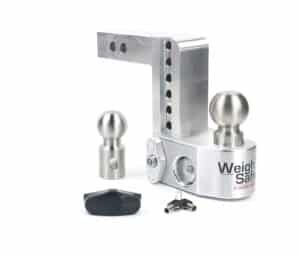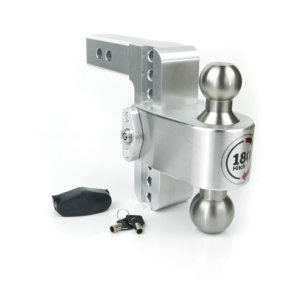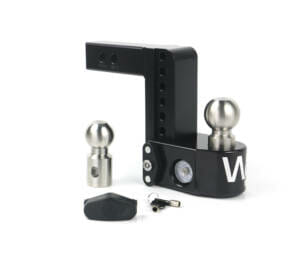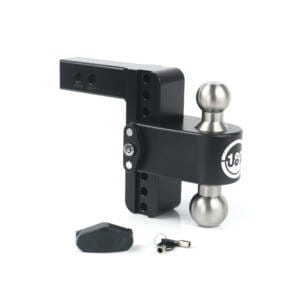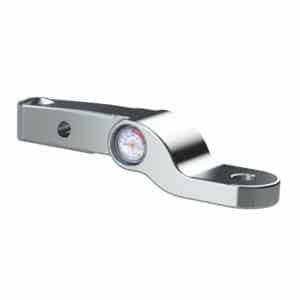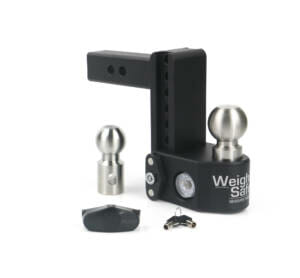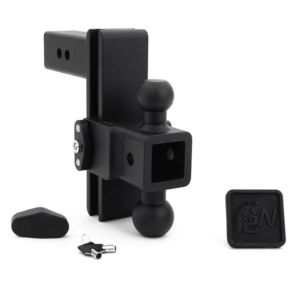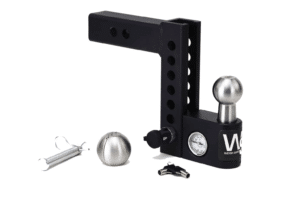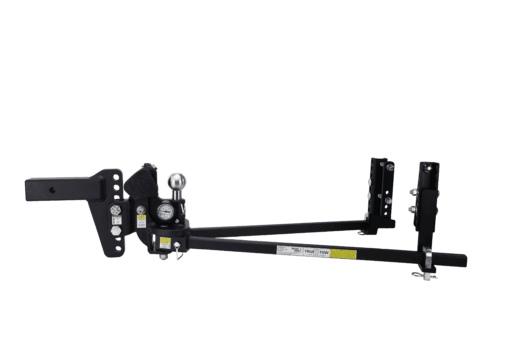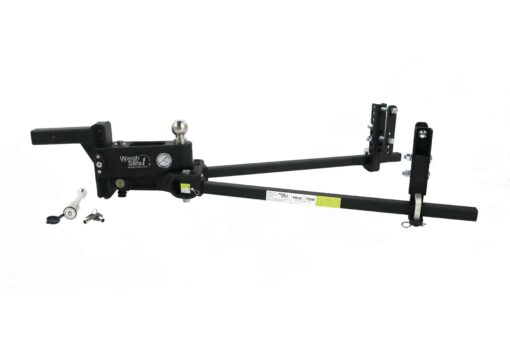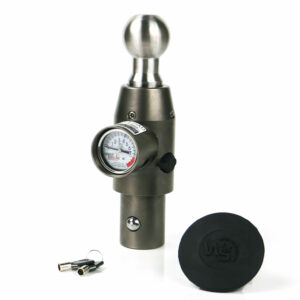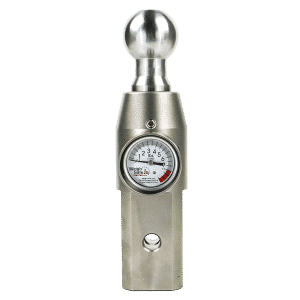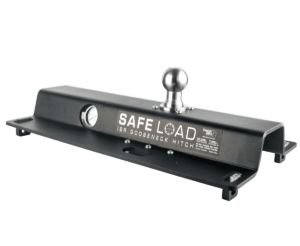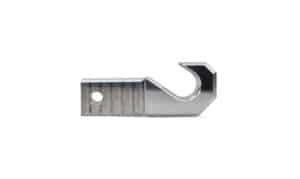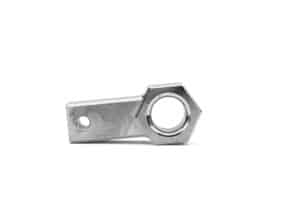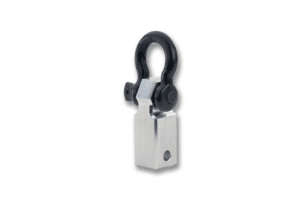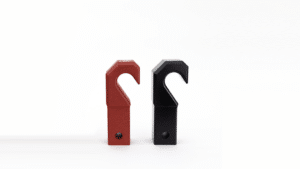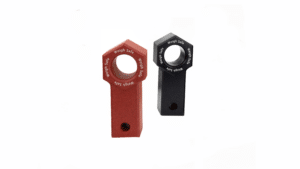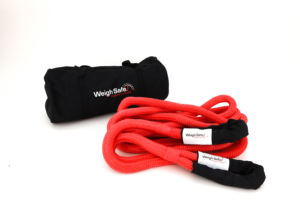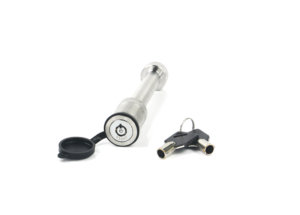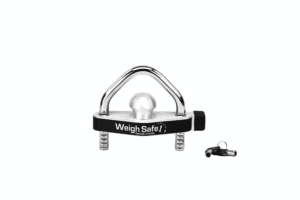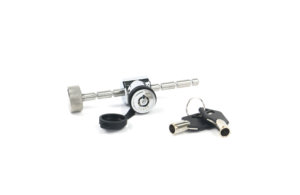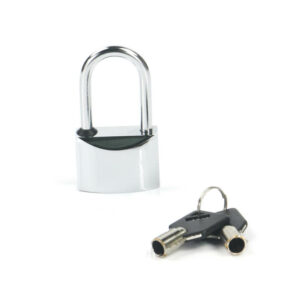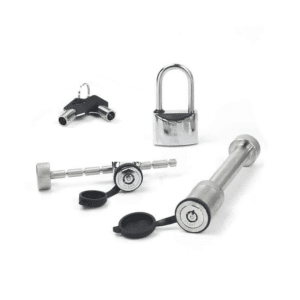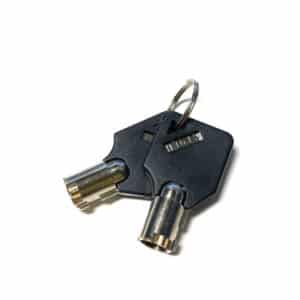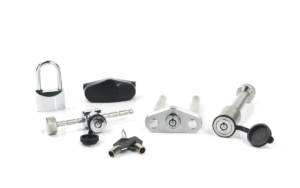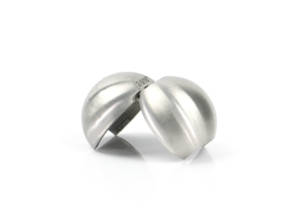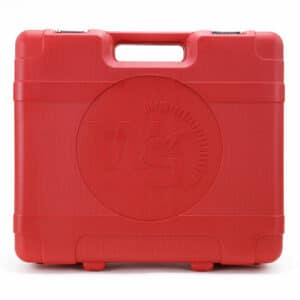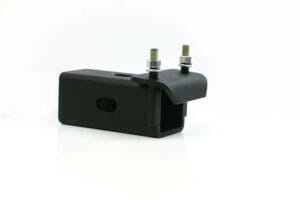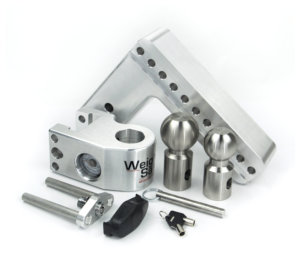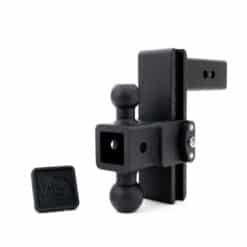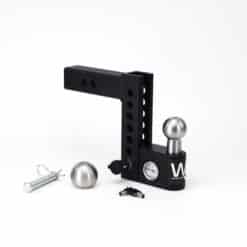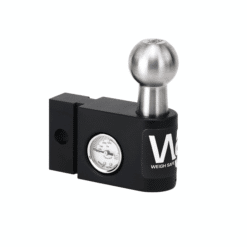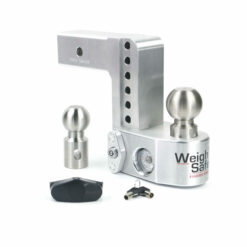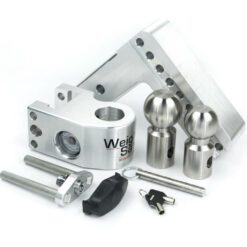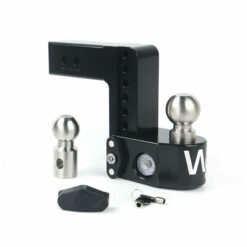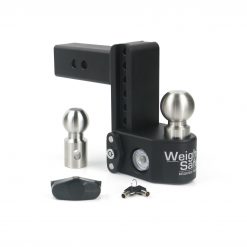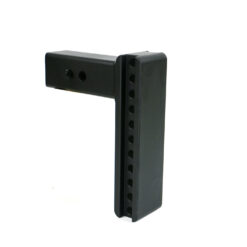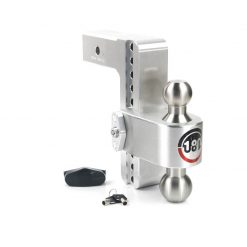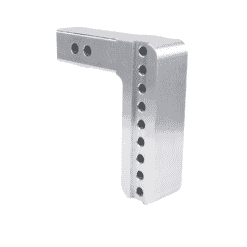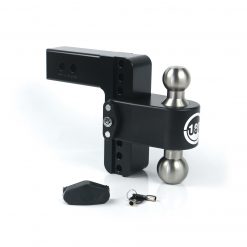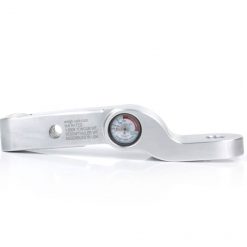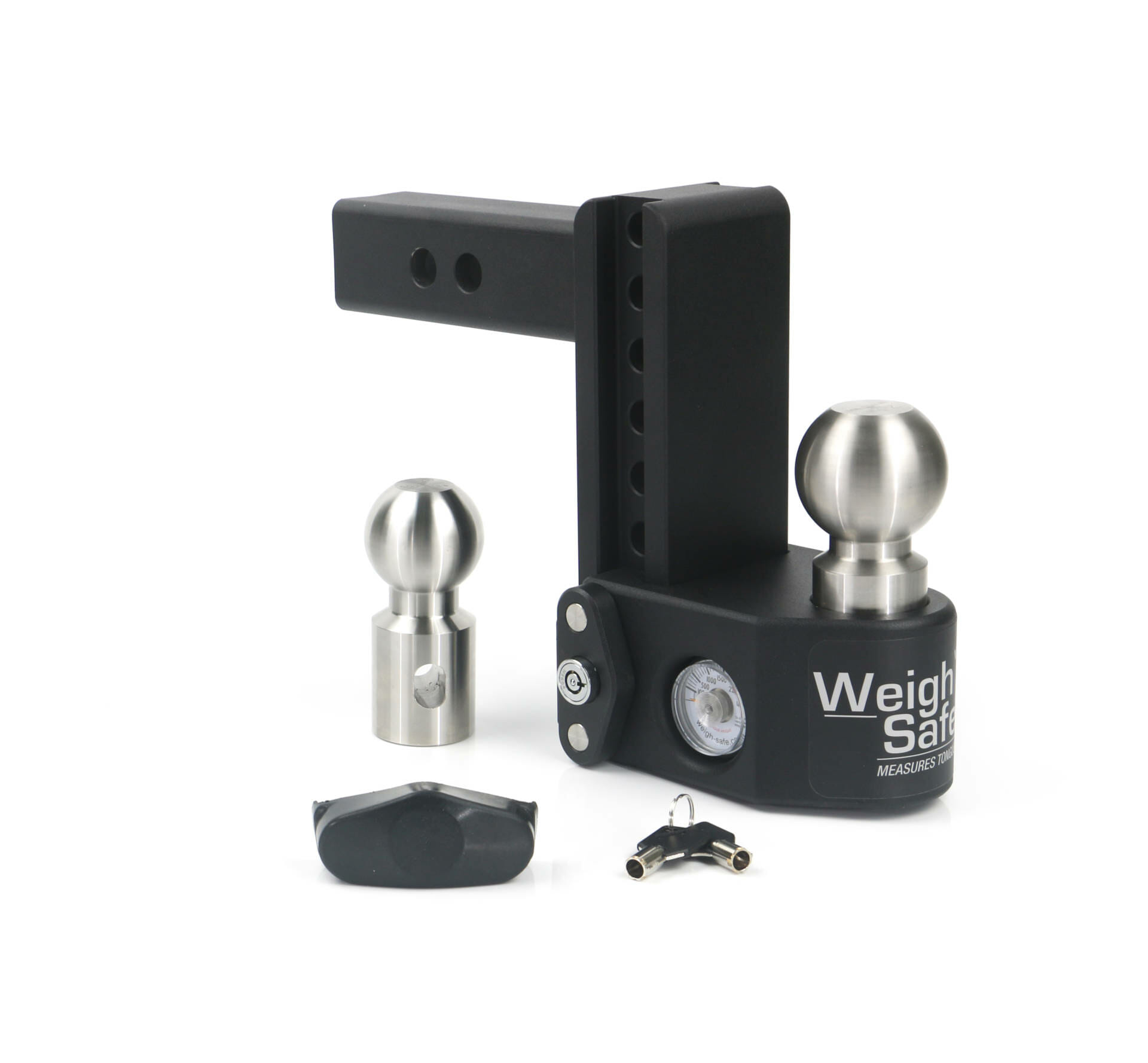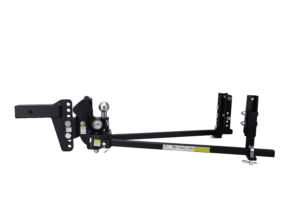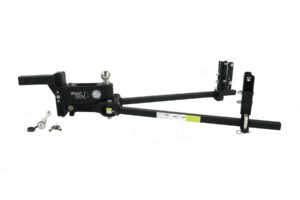Did you know?
NHTSA shows that approximately 50,000 accidents related to trailer towing occur each year. The majority of these accidents were due to trailer-sway.
While there are simple tricks and tips to promote anti-sway, the best way to control trailer sway is by using a weight distribution hitch. We will cover everything you need to know about what causes trailer sway, what to do when it occurs, and how to prevent it. Let’s get to it!
What Causes trailer sway and why is it dangerous?
Trailer sway occurs due to some sort of disturbance to the trailer that causes the trailer to move from side to side. Some of the most common disturbances that cause trailer sway are wind gusts, side-wind from passing vehicles, high-speed driving, tight turns, and uneven weight distribution.
It doesn’t take much for a serious accident to happen when a trailer starts to sway. On average, it takes about 3-4 seconds from the time the driver notices the trailer sway before an accident could occur.
What Not to do when trailer sway occurs
Acting quickly when your trailer is fishtailing is crucial. However, you can make the sway worse by taking the wrong approach. The following are actions that should not be taken whatsoever when trailer sway occurs.
- DO NOT press on tow vehicle brakes
Although instinctive, applying the brakes on the tow vehicle is a bad idea. When a trailer is swaying, it is going faster than the tow vehicle. Applying the brakes simply allows for the trailer to overtake the tow vehicle leading to an accident.
- DO NOT overcorrect the steering
Overcorrecting trailer sway or sudden movements can cause the trailer to fishtail out of control. Maintain stable control of the steering wheel by leaving ample room between you and other vehicles, and planning your turns ahead of time.
HOW TO CONTROL AND STOP TRAILER SWAY
- The first thing you should do is let your foot off the gas. Remember, do not brake on the tow vehicle! Allow the vehicle to slow down on its own.
- Once you notice that your speed has decreased, manually apply your trailer brakes if you have them. Do this slowly and carefully.
- Keep your steering wheel straight and avoid the urge to over-correct as this will make the sway worse.
- As a last resort, you may attempt to accelerate quickly when trailer sway occurs. Keep in mind, if you do not speed up fast enough, this will only worsen your condition and can make the sway completely out of control.
Like what you see? Join our newsletter!
HOW TO REDUCE AND AVOID TRAILER SWAY
- Assure that the tongue weight is in the safe range of 10-15%
Over and underloading your trailer is the most common reason for trailer sway. When loading your trailer, stay within 10-15% of your tongue weight to avoid too much stress on the tires and causing unnecessary risk.
- Load the trailer correctly
While loading your trailer, be sure to evenly load it from left to right and keep most of the weight, approximately 60%, toward the front of the trailer. Doing so will help minimize sway due to uneven weight distribution.
- Make sure all tires have sufficient tire pressure on your vehicle and trailer
One of the main factors in trailer sway is unstable driving conditions. It is important to ensure the towing vehicle and trailer are stable with properly inflated tires and a structurally sound frame. Any unnecessary movement can increase the chances of trailer sway.
- Check weather conditions and, consider changing your travel plans based on high winds, rain/snow storms, etc.
A strong gust of wind from unexpected weather or nearby vehicles can also cause trailer sway. If you are making a long commute, be sure to check the weather forecast and consider postponing your trip if there is a storm that may cause unstable driving conditions.
- Use a weight-distribution hitch to minimize trailer sway
Using a weight-distribution hitch can help minimize sway by lifting up on the back of the tow vehicle and pushing the front axle of the tow vehicle back down to stock weight, drastically reducing trailer sway.
BUY A WEIGHT DISTRIBUTION HITCH AND REDUCE YOUR TRAILER SWAY TODAY
Now that you know what causes trailer sway and how to stop it, take the final step and purchase a weight-distribution hitch that will further minimize fishtailing on your next commute. Our patented trailer hitches come with a built-in scale, so you know when you are in the safe range of 10-15%. Browse our weight-distribution hitches and reduce your trailer sway today!
Here is a video demo of how a weight distribution hitch can help you on your next towing commute.
